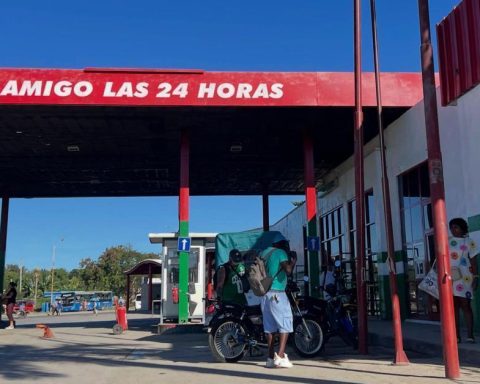For the fifth consecutive year, 3M presents the findings of the study “The State of Science in the World” (SOSI, for its acronym in English, State of Science Index). Around 17,000 people from 17 countries in the Americas, Europe, Asia and Oceania participated in the survey. The primary objective of this study is to explore global attitudes towards science, taking the pulse of how the population thinks and feels about scientific fields and their impact on the world.
One of the main findings reflected in this sixth edition of The State of Science in the World is that there is hope for science: 90% of young Latin Americans between the ages of 18 and 24 trust science and hope that it will solve the world’s challenges . Overall, 88% of Latin Americans have an exceptionally high trust in science, and 71% say that science is very important to their daily lives.
“The deep level of trust that younger generations have in science and the increasing role it plays in their lives is a very promising sign for the future. 3M will continue to encourage and highlight trusted and diverse scientific voices to help solve some of the world’s toughest challenges,” said Marcelo Oromendia, Vice President of Country Governance for Brazil and Latin America.
Maintaining trust in science despite misinformation
Latin Americans surveyed by 3M acknowledge that there is widespread misinformation on social media (79% vs. 85% globally) and in the media (75% vs. 72% globally). However, they do say that science is indispensable, and eight in ten (82%) believe that there are negative consequences if people do not value science.
In addition to this, 87% of Latin Americans want to know more about the work that scientists carry out (compared to 83% worldwide). For young Latin Americans of Generation Z (aged between 18 and 24 years old) the main consequences and impacts if people do not trust the news about Science published by the media are:
For 68%, more public health crisis.
For 59%, a greater polarization within society.
51% increase in the severity of the effects of climate change.
Equity in STEM
According to the main findings of the study, it can be highlighted that Latin Americans are more likely to experience barriers to STEM education. Where 92% agree that there are barriers to students pursuing a STEM education (vs. 84% globally). Additionally, 87% say it is important to increase diversity and inclusion in STEM fields.
It should be noted that Latin Americans recognize the significant gaps in the STEM workforce. On this topic, 50% believe there is a racial/ethnic gap (vs. 44% global) and 46% believe there is an LGBTQ+ gap (vs. 39% global).
Improvement of technical skills and abilities
86% of Latin Americans surveyed by 3M agree that the workforce needs more skilled workers (compared to 91% globally). Meanwhile, 84% trust vocational schools to give them the necessary education to have a successful career; and 71% believe they would make as much money in a skilled trade as in a career that requires a degree from a traditional four-year college.
The implication of increasing STEM educational barriers is significant, as education lays the foundation for future career opportunities. 48% cannot afford a technical school (vs. 28% globally) and 25% did not know that skilled trades were a career option (vs. 19% globally).
sustainability
Latin Americans have great expectations for science beyond the pandemic. The main problems they want science to solve center around environmental sustainability.
Compared to the 2021 edition of the study, Latin Americans are most concerned about the following environmental issues:
82% plastic pollution of the oceans (compared to 73% globally).
81% climate change (compared to 74% globally).
81% air pollution (compared to 71% globally).
80% clean water supply (compared to 66% globally).
79% intensification of natural disasters (compared to 74% globally).
All roads lead to access to health and equity
In Latin America, guaranteeing access to quality health care is an absolute priority. Latin Americans also want science to address mental and emotional health with an urgency similar to that of vaccines for future pandemics.
Among the main expectations in terms of health that science must prioritize are:
59% cures for chronic diseases (compared to 62% global).
57% cancer treatments.
54% vaccines for future pandemics (versus 50% globally).
51% address mental/emotional health issues (vs. 50% globally).
Technology for the future
Technological innovations, although considered exciting by some, also raise labor concerns in Latin America. In this context, 86% of those surveyed agree that in the future we will depend more than ever on scientific knowledge. Additionally, 61% think artificial intelligence (AI) is an exciting technology that impacts their daily lives (vs. 65% globally).
As additional data, Latin Americans think that space travel will become a normal part of life in the next five years (22% vs. 16% worldwide) and consider traveling to space when it is accessible (58% vs. 52 % Worldwide).











